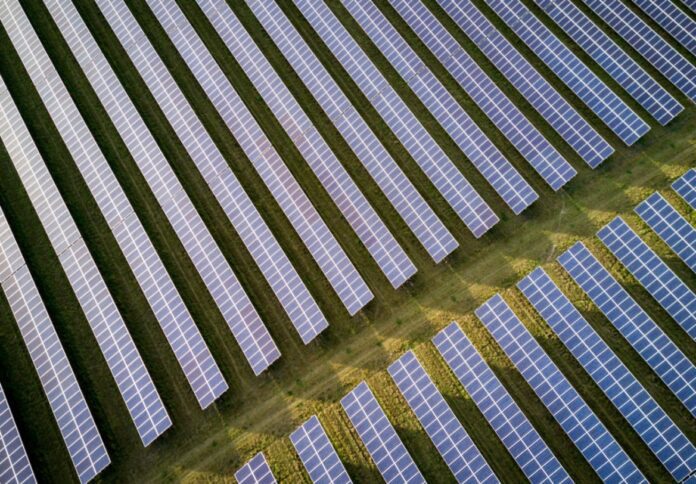
The Victorian Government announced an investment to bolster Victoria’s clean economy workforce, unveiling a nearly $9 million funding package aimed at enhancing skills in environmental sustainability and clean technology.
Minister for Skills and TAFE Gayle Tierney revealed the new funding during a visit to RMIT, where she met with students engaged in short courses on sustainable building design.
The investment is set to support the development of practical Skills Labs, which will offer innovative short courses known as Skill Sets.
“Every National Skills Week I’m proud to celebrate our world-class vocational training system – and every year we continue to work hard to make sure Victorians have the skills they need for the in-demand jobs of the future,” Minister Tierney stated.
“Skills and training are vital to achieve our ambitious net-zero emissions targets. We are continuing to invest in our TAFEs and training providers, in partnership with industry, to upskill workers for the clean economy.”
The funding package includes $3.45 million dedicated to establishing three Clean Economy Skills Labs at TAFE Gippsland and Melbourne Polytechnic.
These labs will focus on training related to offshore wind, circular design, manufacturing, and achieving net-zero emissions targets.
Minister for Climate Action Lily D’Ambrosio emphasised the broader impact of the investment: “By investing in training programs that equip Victorians with the skills for a sustainable future, we’re not just creating jobs — we’re making sure our workforce is ready to lead the way to meet our world-leading climate targets.”
In addition, RMIT will receive $970,000 to co-design three new Skill Sets in sustainable building practices.
These Skill Sets are currently being piloted with industry professionals and students. RMIT student Alberto, pursuing a sustainable construction Skill Set alongside his Diploma of Building and Construction, is set to contribute to Victoria’s clean economy by building sustainable housing.
“With so many universities and TAFEs across Melbourne offering specialised training in clean energy, our city is becoming a hub for the skills and innovation needed to power Victoria’s transition to a sustainable future,” said Member for Northern Metropolitan Region Sheena Watt.
The funding also supports the Labor Government’s Free TAFE program, which now offers a total of 10 tuition-free Skill Sets.
This ongoing development and delivery are part of a $32 million investment from the Victorian Budget 2024/25.
“As Australia’s largest dual-sector university, RMIT and our College of Vocational Education are primed to support the transition to a clean economy through the co-creation and delivery of new and emerging skills – working hand in glove with our industry partners, communities, and government,” noted Deputy Vice Chancellor Vocational Education and Vice President of RMIT University Mish Eastman.
Victoria’s commitment to its climate goals is evident as the state continues to meet its targets, aiming for a renewable energy mix of 95 per cent by 2035.
This progress is expected to create 59,000 clean energy jobs and drive $9.5 billion in economic development, setting the stage for achieving net-zero emissions by 2045.




















